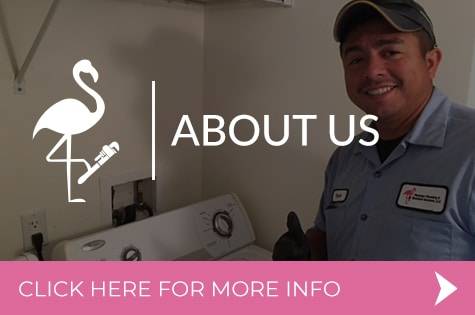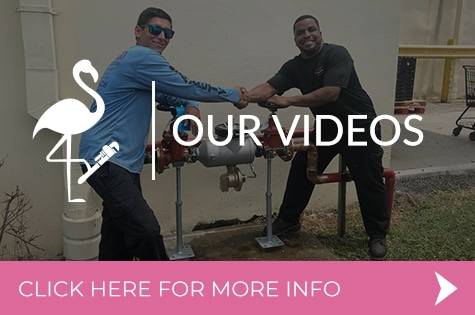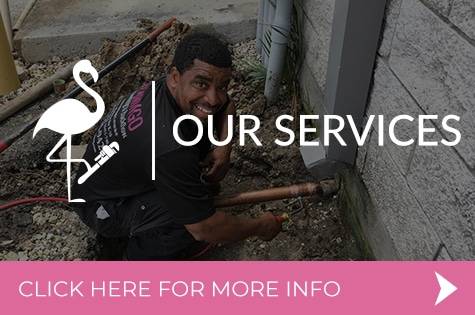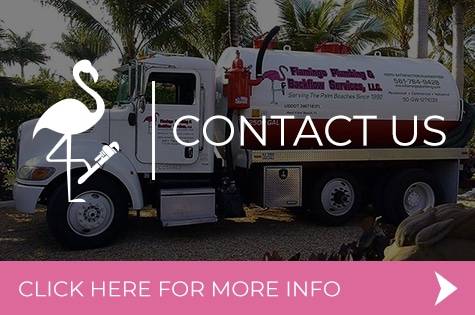Your water heater is a workhorse, delivering hot water on demand. To keep it running efficiently and extend its lifespan, regular maintenance is essential. Here are some straightforward tips:
 Replace Plastic Inlet and Outlet Components
Replace Plastic Inlet and Outlet Components
Many water heaters come with plastic inlet and outlet fittings. While heat-resistant, they’re less durable than metal ones. Upgrading to metallic fittings enhances longevity. Keep an eye on the joints; a whitish deposit may indicate rust or hard water effects.
Inspect the Pressure Relief Valve
Annually, take a moment to check the pressure relief valve. Lift the valve lever to release pressure; if it doesn’t function properly or leaks, it’s time to call a professional plumber. Ignoring this can lead to significant damage. If you’re experiencing water pressure issues, it may be worth reviewing common backflow preventer problems.
Adjust Temperature Settings
Lowering the thermostat reduces energy consumption and wear on your heater. Setting it to around 120°F is efficient and safe, allowing the heater to reach the desired temperature quickly, thus prolonging its life.
Schedule Annual Maintenance
Yearly professional maintenance is crucial. This includes inspecting all components and flushing out sediment that can hinder performance. Sediment buildup can lead to inefficiencies and potential damage over time. A thorough drain cleaning can also help prevent clogs that might affect your water heater’s efficiency.
Use the Heater Only When Necessary
Leaving the heater on continuously, especially overnight, can overwork it. Modern heaters heat water rapidly, often within five minutes, making constant operation unnecessary and shortening the unit’s lifespan.
Check the Anode Rod for Corrosion
The anode rod attracts corrosive elements, protecting the tank from rust. Inspect it annually; if the steel core is visible, replace it to prevent internal corrosion. If leaks become an issue, professional leak detection services can identify hidden problems before they escalate.
Additional Tips for Optimal Performance
- Insulate the Tank and Pipes: Proper insulation reduces heat loss, improving efficiency and conserving energy.
- Install a Backflow Preventer: This device safeguards your water supply from contamination, ensuring clean water flow. Learn more about backflow preventers.
- Consider a Tankless Water Heater: For continuous hot water and energy savings, explore tankless water heater options.
- Regular Drain Cleaning: Keeping drains clear prevents backups and maintains optimal water heater performance.
- Be Mindful of Water Pressure: Excessive pressure can strain your system; ensure it’s within recommended limits. If you’re considering an upgrade, check out what you should know before buying a tankless water heater.
A malfunctioning water heater is more than an inconvenience; it disrupts daily routines. Regular care and attention are vital to maintain its functionality. For expert maintenance and services, including backflow prevention and tankless water heater installation, contact our professional team today.

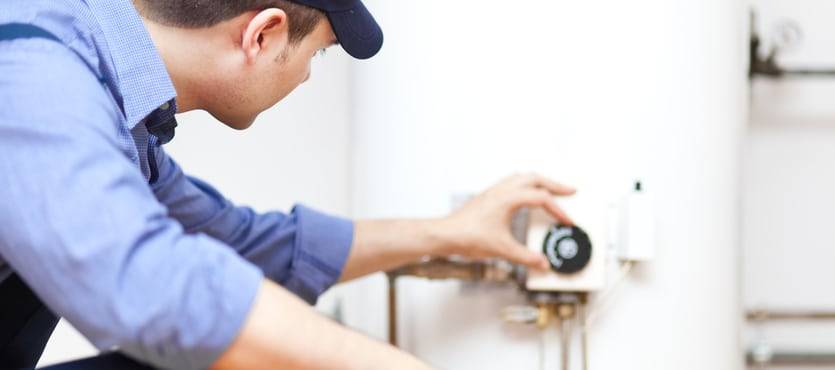
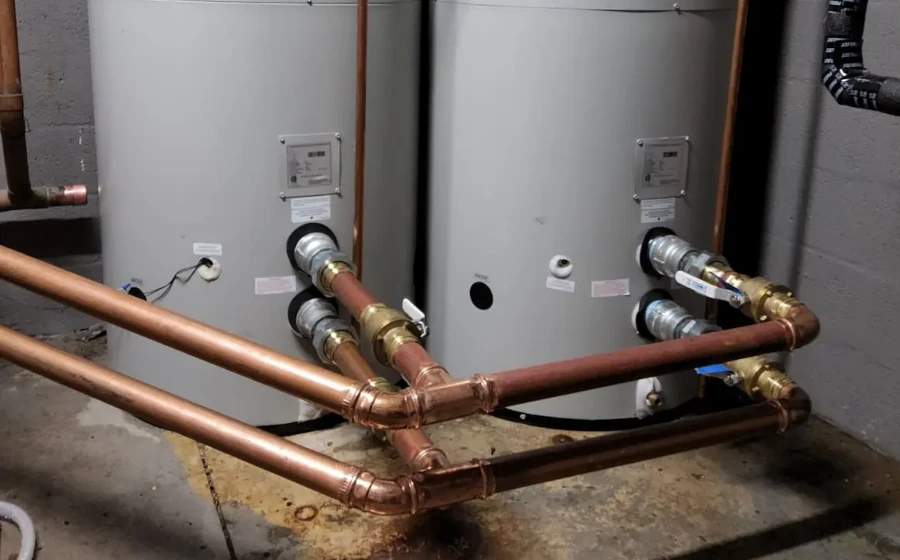 Replace Plastic Inlet and Outlet Components
Replace Plastic Inlet and Outlet Components